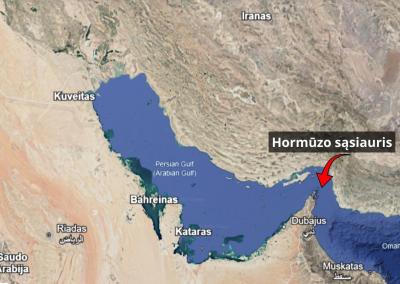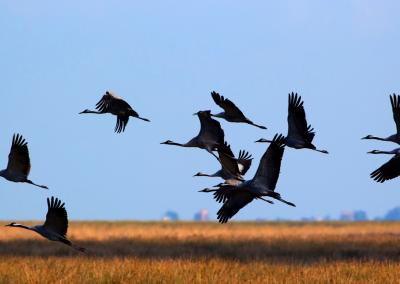Avian flu mutations and outbreaks in Poland cause concern
Although the threat of the snowbird has subsided with the end of the spring snowbird migration, experts say it is not a good idea to be complacent, but events in neighbouring Poland and in some other countries are a cause for concern.
Polish media estimate that the country has recorded at least a dozen outbreaks of avian influenza in poultry farms in the first quarter of this year alone. In February, an outbreak was detected in the Greater Poland Voivodeship – 21 000 ducks had to be destroyed on a farm in a village in the Ostruwo district. A few days later, the Polish news agency PAP reported an even bigger disaster in the Ostruwo county. Bird flu was detected on a turkey farm. The owners had to destroy 175,000 turkeys.
The veterinary services of the Province of Greater Poland say that the situation has been contained, but that the outbreaks are recurring, which is very dangerous as the southern part of the country has the largest number of poultry farms and farms. The PAP adds that since the beginning of this year, outbreaks of highly pathogenic avian influenza have been detected in a total of four counties in the Greater Poland Voivodeship alone.
Human infectionIn July last year, the World Health Organisation (WHO) also reported the first cases of avian influenza in cats (also reported this year). In the same month, Finland reported cases of avian influenza in fur-bearing animals. According to the AFP news agency, 120 000 foxes and mink had to be destroyed by Finnish businesses as a result of the outbreak of avian influenza.
On 22 May, the first human case of avian influenza was reported in Australia. The child diagnosed with the H5N1 influenza virus is said to have contracted it on a trip to India while playing with chickens. On his return, he did not transmit the virus to anyone, according to experts. However, on the same day, a major outbreak of avian influenza was reported on a farm in Victoria.
Lithuania – calmer
There have been no cases of human-to-human transmission of avian influenza in Lithuania. However, the usual outbreaks of the disease are sometimes recorded. In December last year, bird flu was detected on a turkey farm in the Marijampolė district.
In Lithuania, however, both veterinary authorities and businesses are doing their utmost to prevent the virus. Outbreaks are therefore rare in our country compared to Poland.
„We can guarantee Lithuanian farms. In Poland, bird flu cases recur regularly because the whole production cycle is decentralised, i.e. birds are reared in one place and products are produced in another. Poultry production takes place on small farms scattered in different regions of the country. It is difficult to say how biosecurity is ensured and how strictly it is enforced, but in practice we can see that avian influenza spreads quite easily in this country," says Gytis Kauzonas, head of the Lithuanian Poultry Breeding Association.








































































































